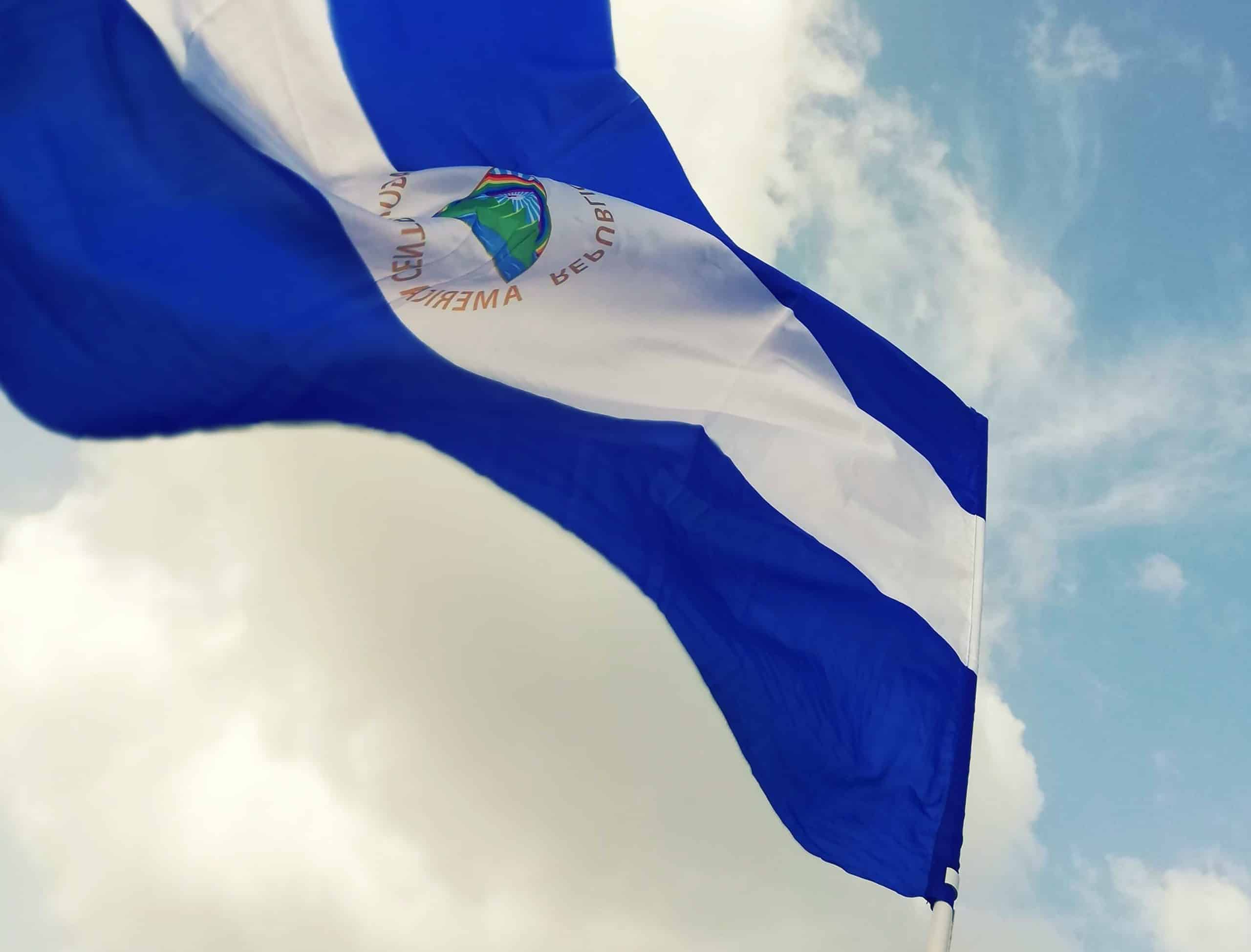The United States and European Union broadened pressure on Nicaragua Monday with economic sanctions and travel bans as strongman Daniel Ortega began a fourth term as president following a widely-criticized election.
Ortega’s daughter and a son — both working as presidential advisors — were among seven individuals on the EU’s list targeting those held responsible for “undermining democracy” and human rights abuses, a European Council statement said.
Others sanctioned “in view of the worsening situation in Nicaragua” were senior officials with the country’s police force and electoral body, it said.
“Those targeted are responsible for serious human rights violations, including repression of civil society, supporting the fraudulent presidential and parliamentary elections and undermining democracy and the rule of law,” it said.
In Washington, the US Treasury placed sanctions on six regime officials, including two generals, the defense minister and officials of the telecommunications regulator which allegedly ran an social media troll farm to help Ortega.
In addition, the State Department placed travel restrictions on 116 individuals tied to the Ortega regime, including mayors, prosecutors, security and university officials.
The 116 were “complicit in undermining democracy in Nicaragua,” US Secretary of State Antony Blinken said in a statement.
US President Joe Biden slammed the Nicaraguan presidential election in November as a “sham,” calling it a “pantomime election that was neither free nor fair, and most certainly not democratic.”
The sanctions came on the inauguration day of Ortega and his wife, vice president Rosario Murillo, after they were declared winners of the November 7 election that was internationally dismissed as rigged and illegitimate.
Following the election travel restrictions, the United States placed visa restrictions on Ortega and Murillo while the European Union did the same for Murillo and one of Ortega’s sons.
Before the November election, Nicaraguan authorities detained nearly 40 opposition figures, including seven would-be presidential challengers, assuring victory for long-time ruler Ortega and his wife.
The State department said the regime continues to hold 170 political prisoners.
“We are undertaking these economic sanctions and visa restrictions to promote accountability for the Ortega-Murillo regime’s escalating authoritarianism and abuses,” Blinken said in a statement.
“President Ortega will inaugurate himself for a new presidential term today, but the pre-determined election he staged on November 7 does not provide him with a new democratic mandate; only free and fair elections can do that.”
The EU sanctions list Monday included Nicaragua’s Supreme Electoral Council for its handling of last year’s elections, its chief, its deputy head and a senior official who was acting chief in 2018.
The country’s telecoms enterprise was also listed for its role “to silence independent media” and spread of “disinformation”, along with its boss.






